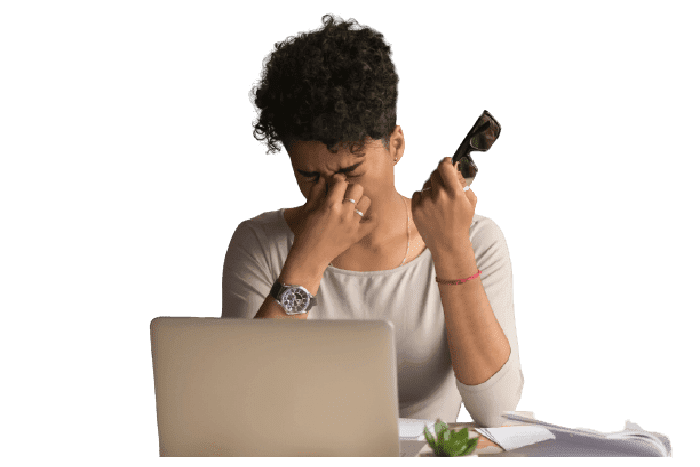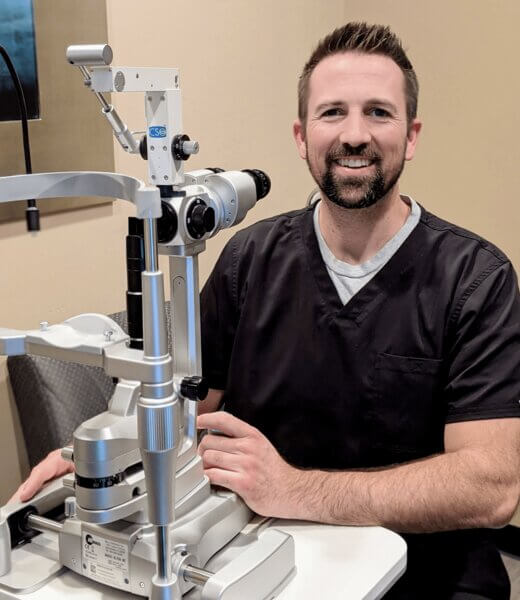
In the modern world, where screens and digital devices have become an integral part of our lives, maintaining optimal eye health is more crucial than ever. Our eyes are essential for experiencing the beauty of the world around us. This comprehensive guide will provide you with a wealth of information and practical tips to ensure your eye health remains at its best. From clear vision practices to eye-friendly habits, we’ll explore everything you need to know to keep your eyesight sharp and vibrant.
Eye Health Tips: Nurturing Visual Wellness
Our eyes are intricate and delicate organs that require proper care and attention. Nurturing their health is vital to maintain clear and sharp vision throughout your life.
Clear Vision Practices: Seeing the World Anew
Clear vision practices involve habits that enhance your ability to see the world in all its details. Regular eye exercises and relaxation techniques can significantly improve visual acuity.
Healthy Eyesight Suggestions: A Nutrient-Rich Diet
A well-balanced diet rich in vitamins and minerals is crucial for maintaining healthy eyesight. Foods like carrots, spinach, and citrus fruits provide essential nutrients that support optimal vision.
Visual Clarity Techniques: Focusing on Precision
Visual clarity techniques involve training your eyes to focus and perceive details accurately. These techniques can improve your ability to read fine print and notice subtle changes in your surroundings.
Maintaining Optic Wellness: Rest and Relaxation
Just like any other part of your body, your eyes need rest to stay healthy. Getting sufficient sleep and taking breaks during prolonged screen time can prevent eye strain and fatigue.
Vision Care Recommendations: Regular Check-ups
Regular eye check-ups with an optometrist are essential, even if you think your vision is perfect. These check-ups can detect issues early on and prevent potential complications.
Tips for Clear Eyes: Hydration and Comfort
Keeping your eyes well-hydrated and comfortable is essential. Remember to blink regularly, especially during extended screen time, to prevent dry eyes.
Eye-Friendly Habits: Balanced Screen Time
Excessive screen time can strain your eyes and lead to digital eye strain. Cultivate eye-friendly habits by taking breaks, adjusting screen settings, and maintaining proper lighting.
Enhancing Visual Health: UV Protection
Protecting your eyes from harmful ultraviolet (UV) rays is vital. Wearing sunglasses with UV protection when outdoors can prevent long-term damage to your eyes.
Eye Maintenance Guidelines: Cleanliness Matters
Practicing good eye hygiene by washing your hands before touching your eyes and properly cleaning contact lenses can prevent infections and maintain clear vision.
Practices for Sharp Vision: Active Lifestyle
Regular physical activity improves blood circulation, which in turn benefits your eyes. Engaging in regular exercise can contribute to better overall visual health.
Preserving Optical Clarity: Anti-Reflective Lenses
If you wear glasses, consider using lenses with anti-reflective coatings. These coatings reduce glare and reflections, improving your visual clarity.
Eyesight Boosting Tips: Mindful Habits
Mindfulness techniques, such as palming and focusing exercises, can relax your eye muscles and alleviate strain, ultimately boosting your eyesight.
Strategies for Healthy Vision: Long-Term Approach
Maintaining healthy vision is a lifelong commitment. By adopting specific strategies and habits, you can safeguard your eyesight for years to come.
Vision Preservation Methods: Blue Light Protection
Digital devices emit blue light that can potentially harm your eyes. Using blue light filters on screens and limiting screen time before bed can help preserve your vision.
Eye Wellness Advice: Hydration and Nutrition
Staying well-hydrated and consuming foods rich in omega-3 fatty acids, like fish, can support the health of the tiny blood vessels in your eyes.
Clear Eyesight Pointers: Adequate Lighting
Proper lighting is essential for clear vision. Ensure that your workspace is well-lit, and avoid glare or shadows that can strain your eyes.
Optimal Vision Habits: Ergonomic Setup
Maintaining an ergonomic workstation with the correct monitor height and distance can reduce eye strain and promote better posture, benefiting your overall visual health.
Techniques for Bright Vision: Contrast Enhancement
Adjusting the contrast and brightness settings on your devices can improve the clarity of what you see, making it easier to read and view images.
Caring for Your Eyes: Screen Breaks
The 20-20-20 rule is a helpful guideline: every 20 minutes, take a 20-second break, and focus on something 20 feet away to give your eyes a chance to relax.
Eye Hygiene Tips: Contact Lens Care
If you wear contact lenses, following proper hygiene and replacement schedules is essential to prevent infections and maintain optimal eye health.
Nurturing Visual Health: Regular Exercise
Physical activity improves blood circulation to the eyes, delivering essential nutrients and oxygen. Incorporating regular exercise into your routine can contribute to long-term visual health.
Keeping Vision Clear and Sharp: Regular Check-ups
Routine eye exams are crucial, even if your vision seems perfect. Conditions like glaucoma and macular degeneration often have no early symptoms, making early detection vital.
Eyesight Longevity Practices: Holistic Wellness
Adopting a holistic approach to wellness, including stress management, a balanced diet, and regular exercise, can significantly contribute to the longevity of your eyesight.
Frequently Asked Questions (FAQs)
Q: Can I improve my eyesight naturally?
A: While some natural practices and exercises might enhance visual acuity, it’s essential to consult an eye care professional for personalized advice.
Q: How often should I have my eyes checked?
A: It’s recommended to have a comprehensive eye exam every one to two years, even if you have no apparent vision problems.
Q: Are there specific foods that promote eye health?
A: Yes, foods rich in vitamins A, C, and E, as well as omega-3 fatty acids, can support eye health. These include carrots, spinach, citrus fruits, and fatty fish.
Q: Can digital screens damage my eyes?
A: Prolonged screen time can lead to digital eye strain, but using proper lighting, taking breaks, and using blue light filters can help mitigate potential damage.
Q: Is it necessary to wear sunglasses?
A: Yes, wearing sunglasses with UV protection is crucial to shield your eyes from harmful UV rays, which can lead to long-term damage.
Q: What’s the 20-20-20 rule?
A: The 20-20-20 rule suggests taking a 20-second break every 20 minutes of screen time and focusing on something 20 feet away to reduce eye strain.
Prioritizing your eye health is a long-term commitment that involves a combination of proper habits, regular check-ups, and a healthy lifestyle. By incorporating the practices and strategies outlined in this guide, you can enjoy clear and sharp vision throughout your life. Remember, your eyes are your windows to the world—take care of them, and they’ll continue to show you its beauty.
Tatum Eyecare is North Phoenix’s premier family eye care center. We’ve spared no expense to create the most pleasant, comfortable patient experience… including the finest furnishings, the best selection of prescription eyeglass frames, the most cutting-edge technology, and the most outstanding team of industry professionals. Come see why the choice for family eye care in the Valley has never been clearer.


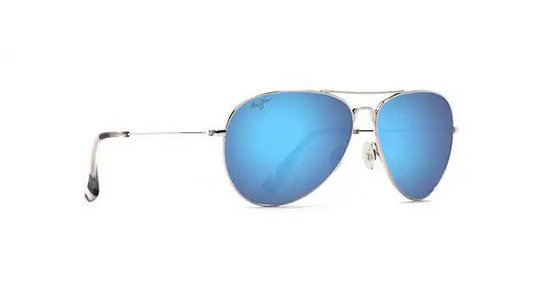
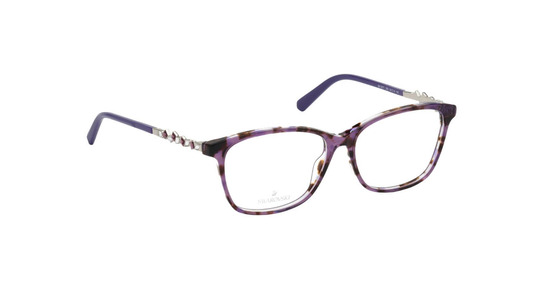
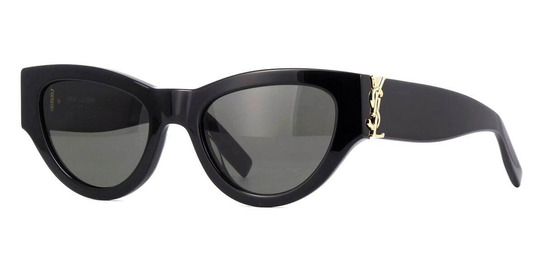
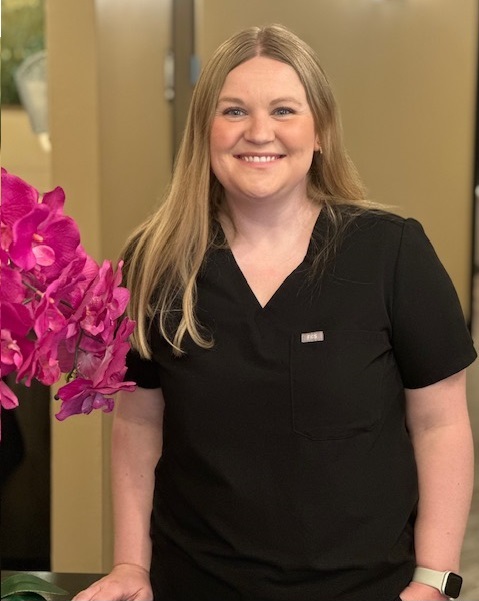
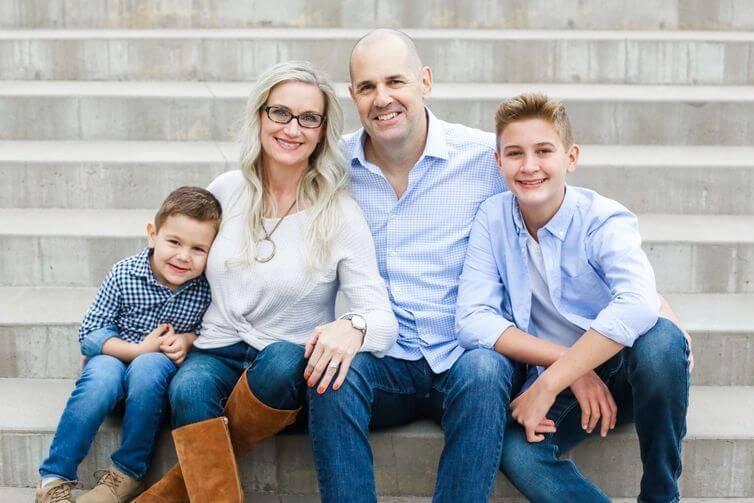
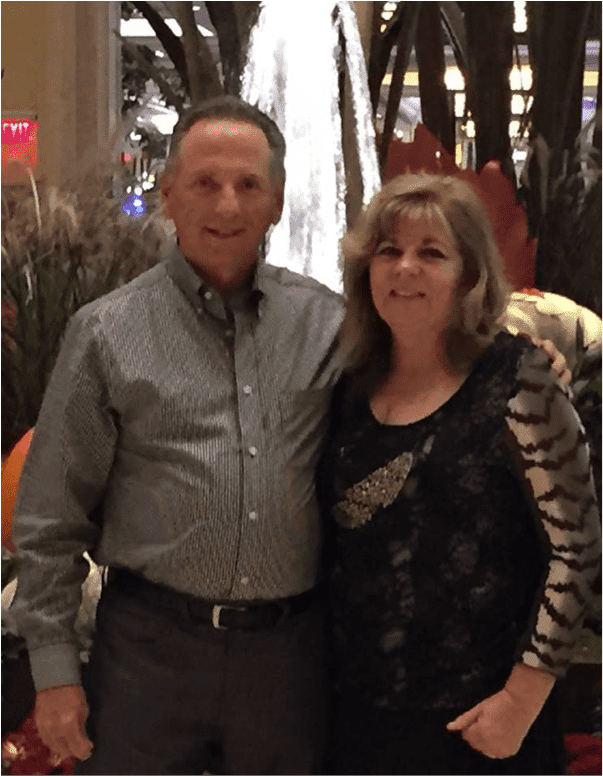
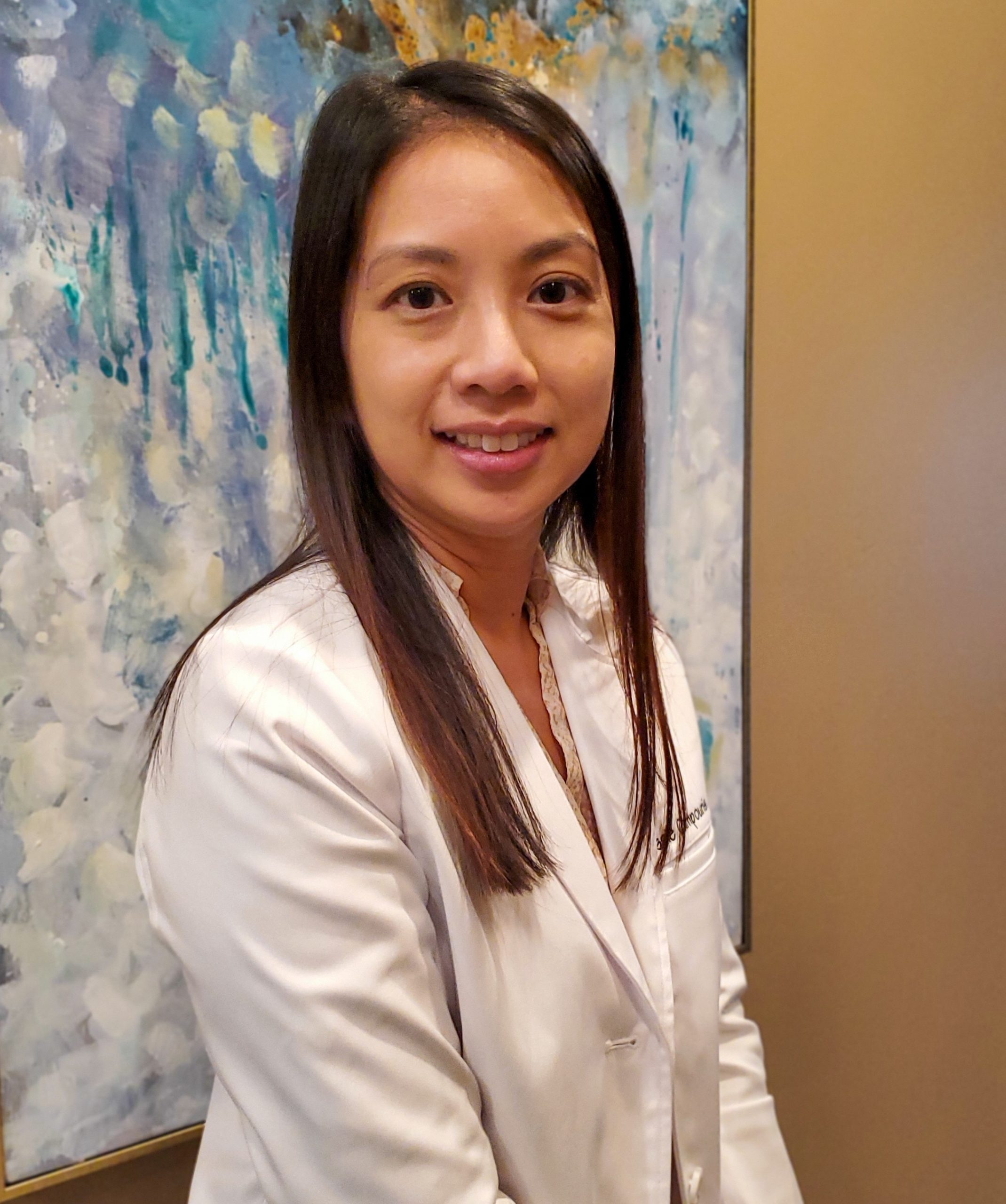
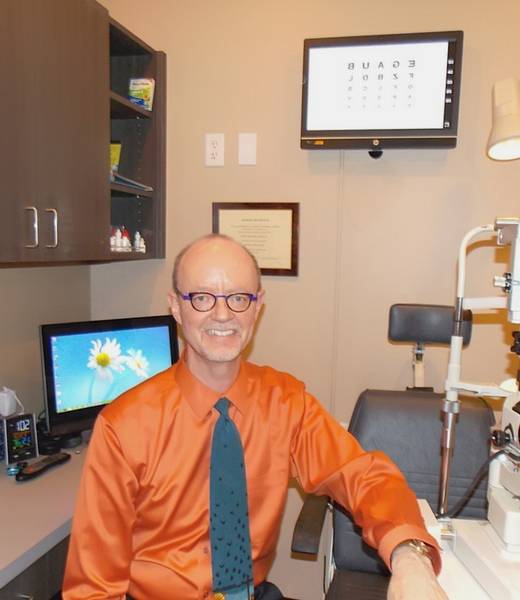
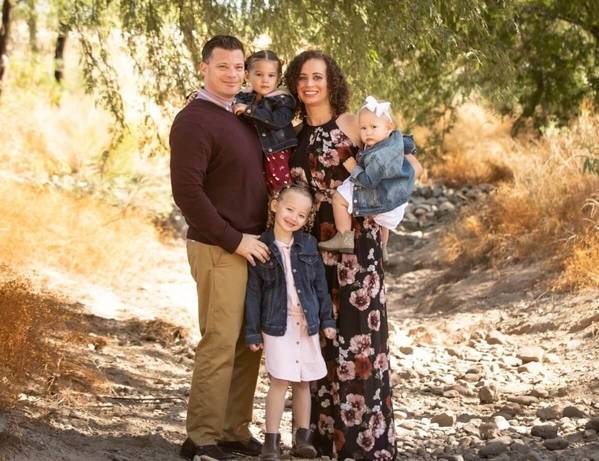
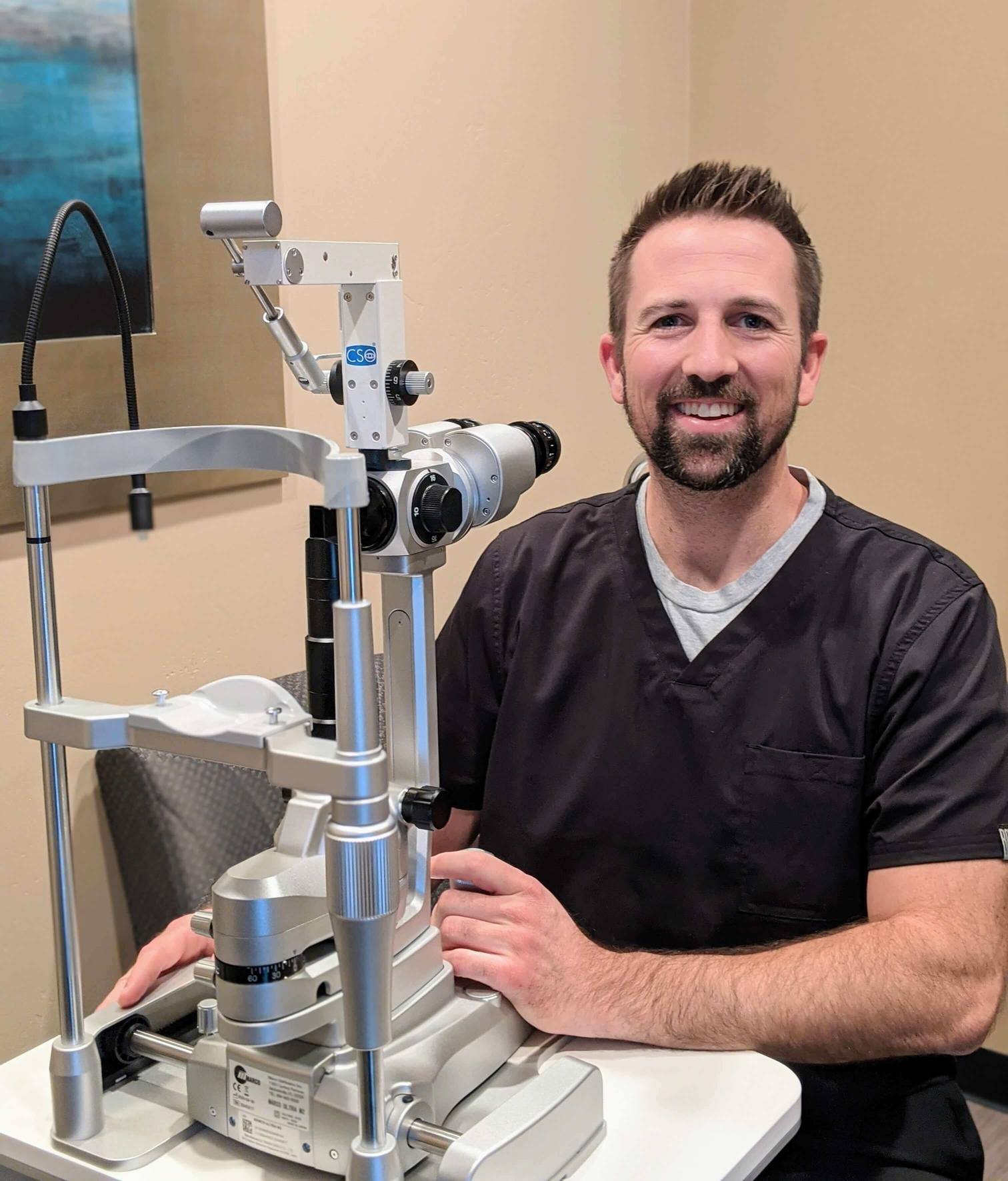
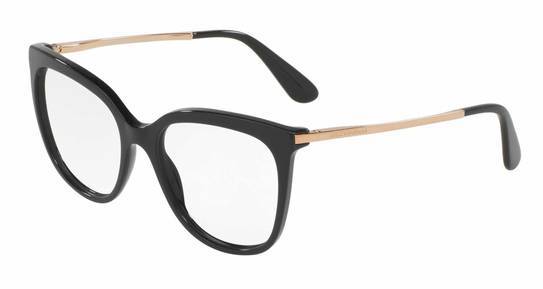






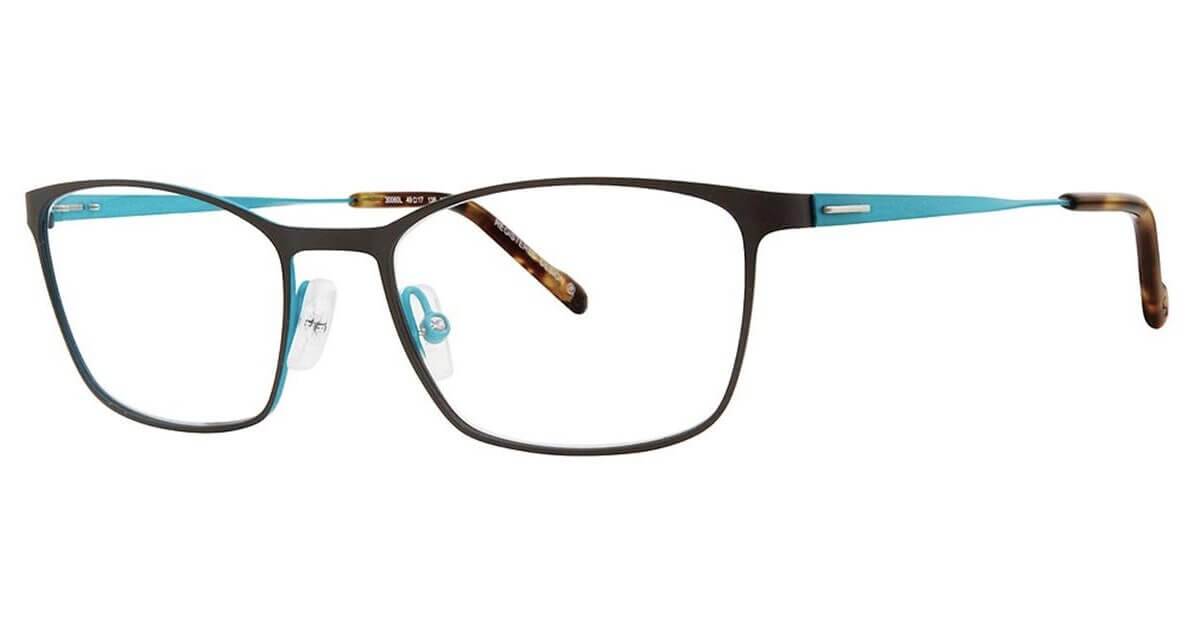

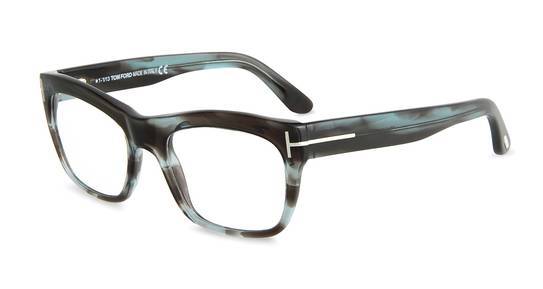
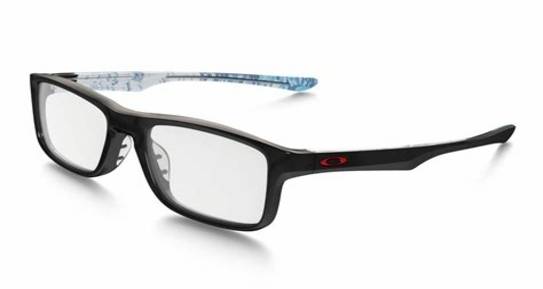
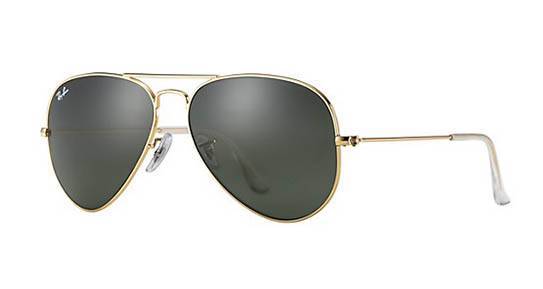
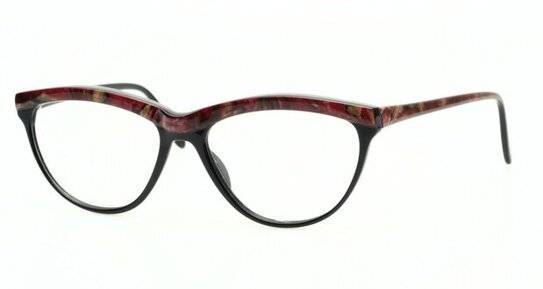
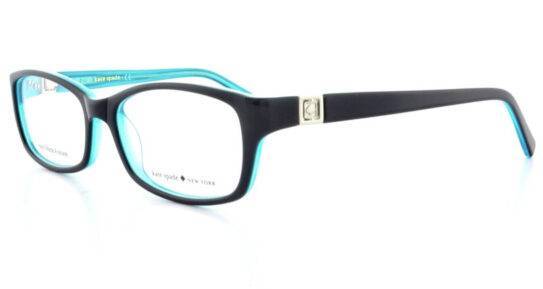
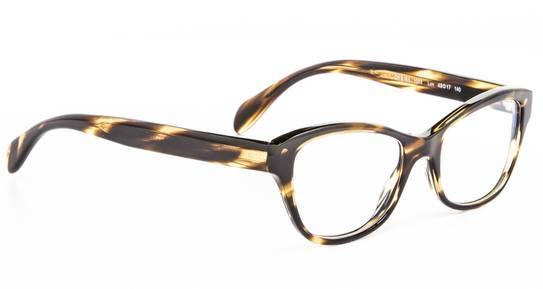

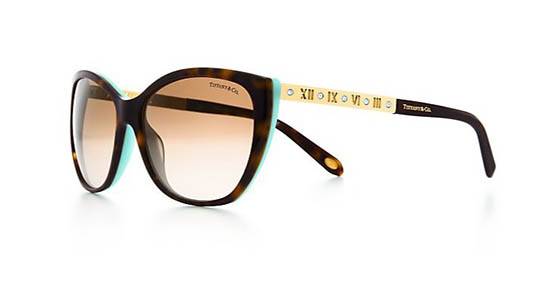
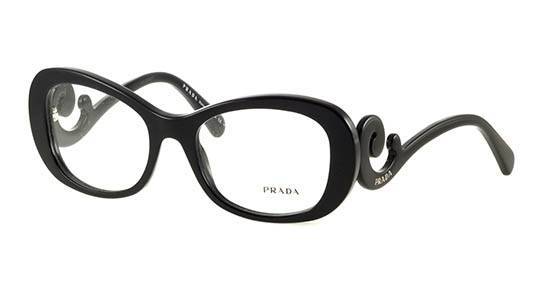
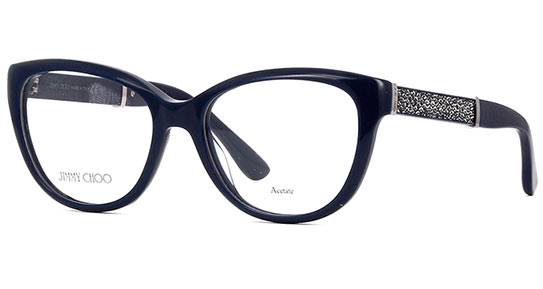
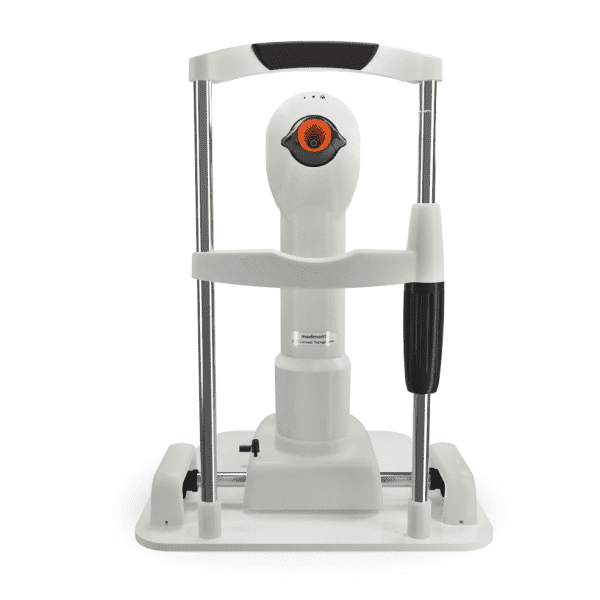
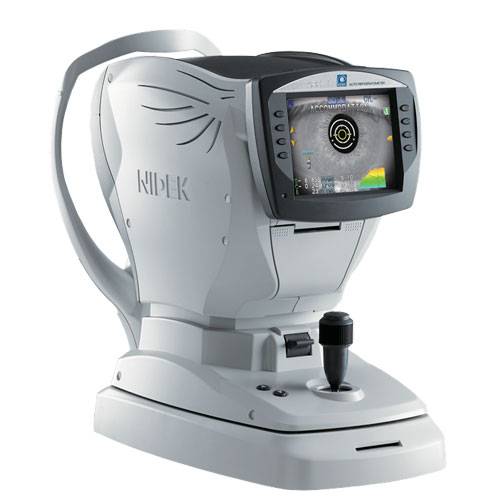
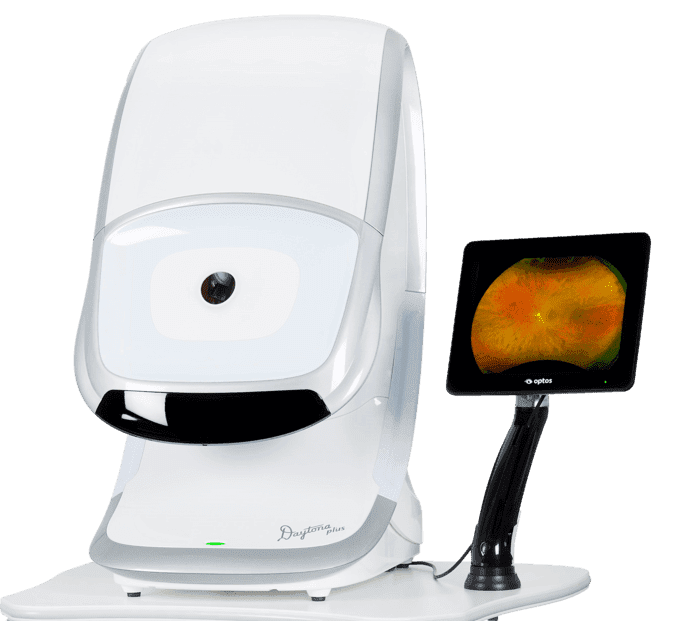
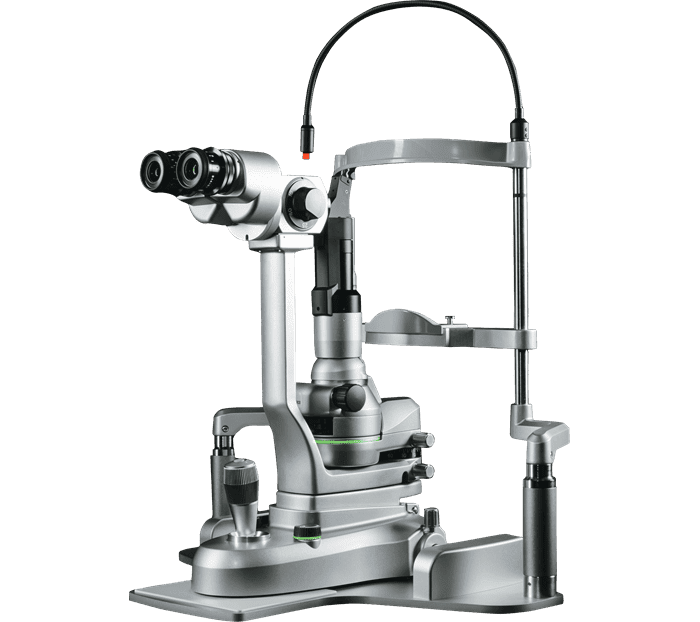
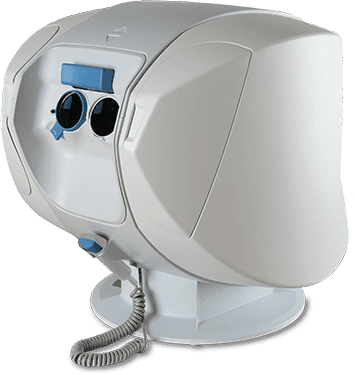
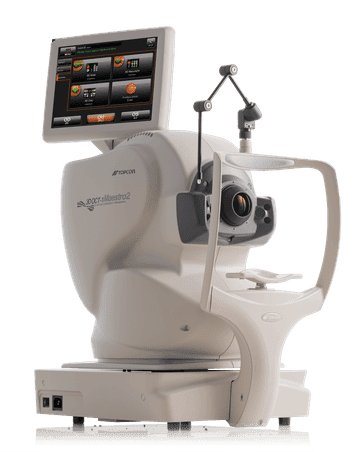
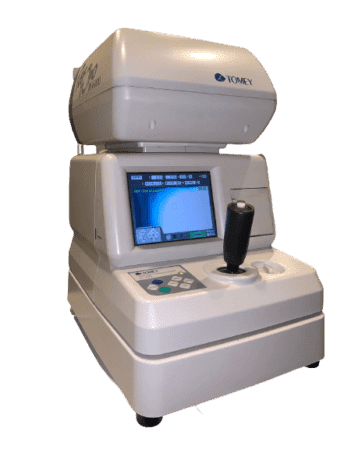
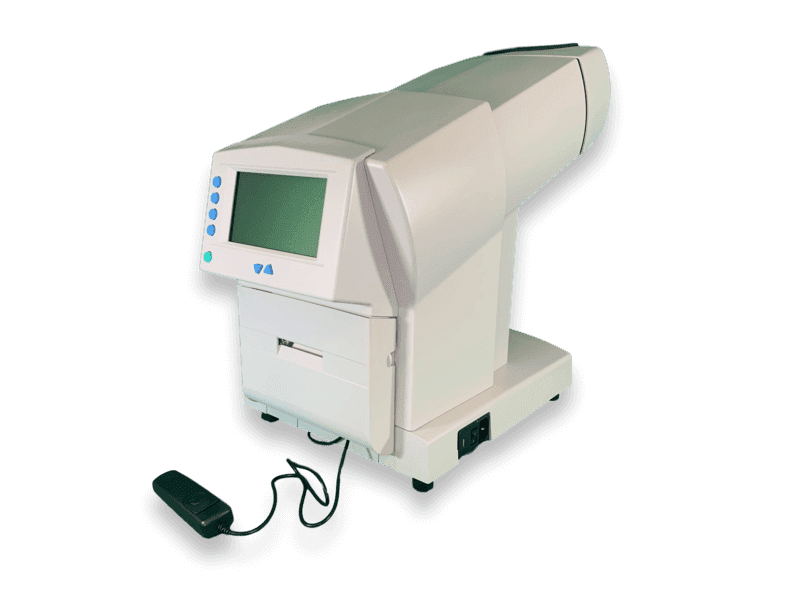
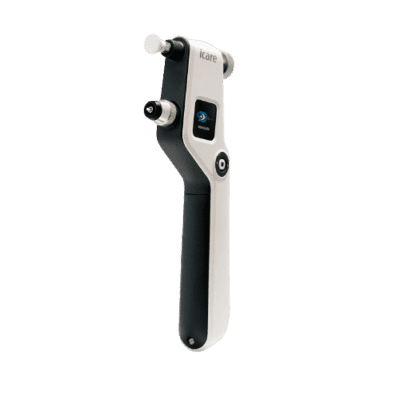
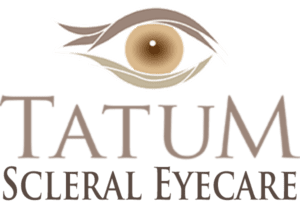
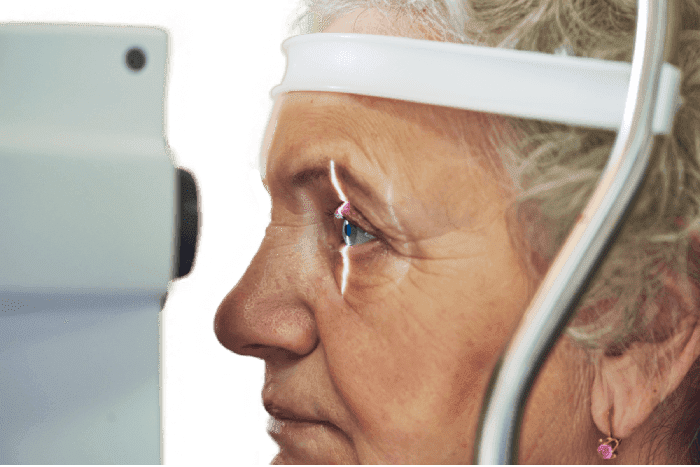
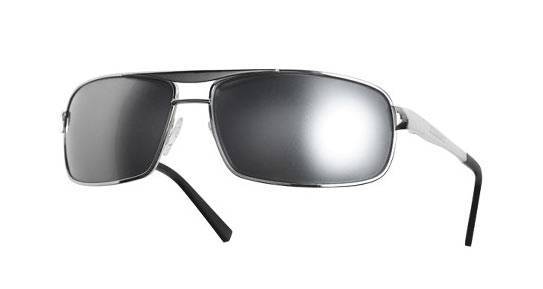 Dillon Optics, the performance eyewear arm of Dillon Precision, have a unique non-reflective, matte lens appearance incorporated with NIR lens technology. This produces noticeably sharper clarity, and protects the lens from damage and harmful environmental conditions. Perfect for outdoor sports and activities where precision vision is required. Tatum Eyecare carries a wide variety of Dillon Optics eyewear.
Dillon Optics, the performance eyewear arm of Dillon Precision, have a unique non-reflective, matte lens appearance incorporated with NIR lens technology. This produces noticeably sharper clarity, and protects the lens from damage and harmful environmental conditions. Perfect for outdoor sports and activities where precision vision is required. Tatum Eyecare carries a wide variety of Dillon Optics eyewear.